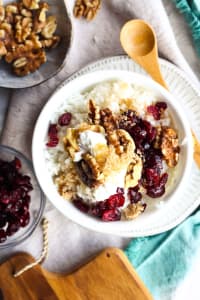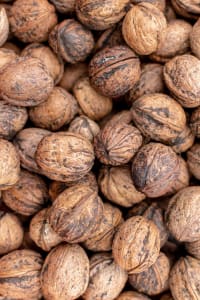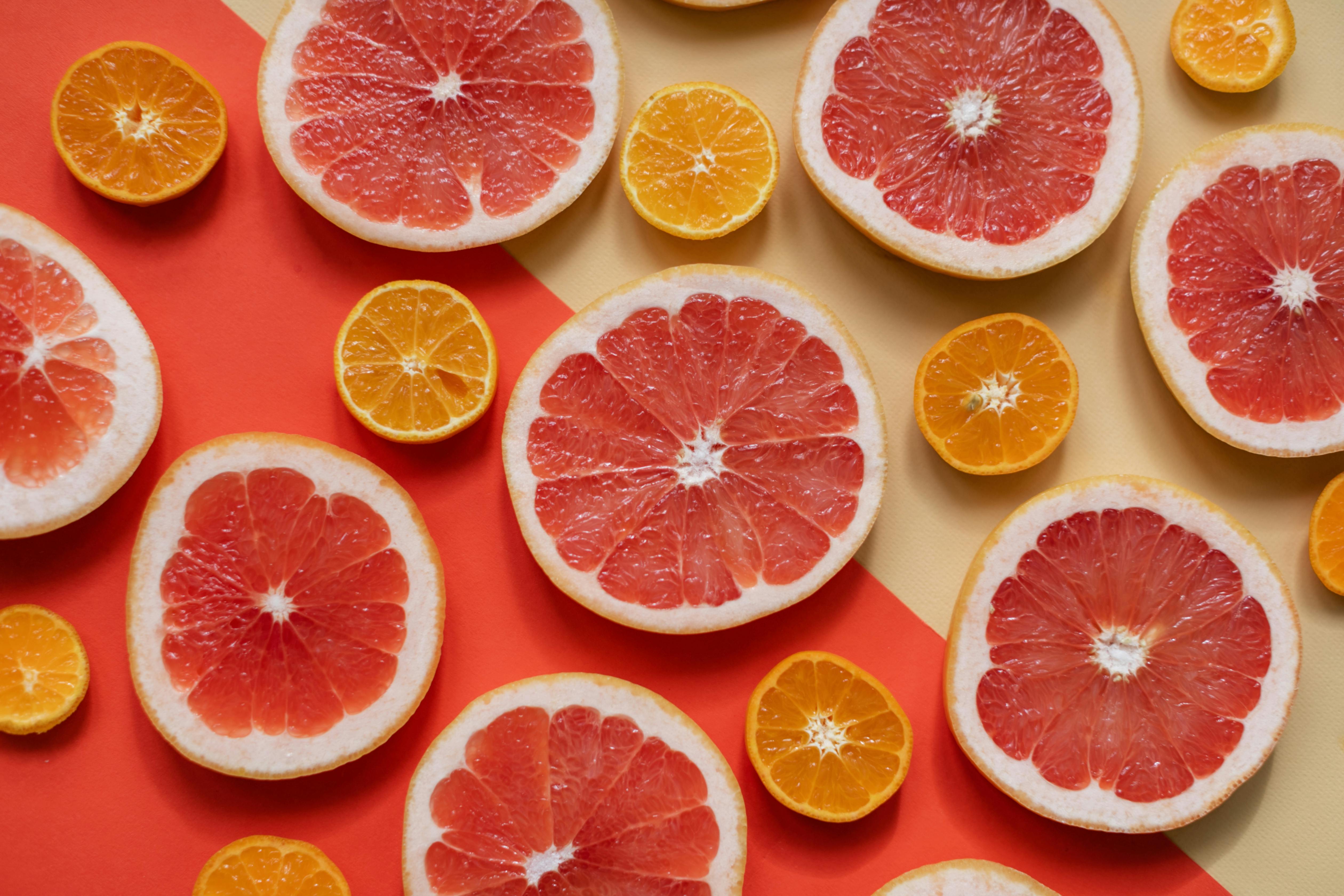The prevalence of Inflammatory Bowel Disease (IBD) has been on a surge, and is expected to continue increasing. Scientists are one step closer to figuring out how to crack the IBD code. Here, we discuss how increasing your levels of 3 good gut bacteria can have a protective effect on IBD, and help alleviate your IBD symptoms.
Chronic Inflammation of the gut is what defines Inflammatory Bowel Disease, also known as IBD. It usually describes two long-term conditions: Ulcerative Colitis and Crohn’s Disease. Living with IBD can present a daily challenge, leaving you with very unpleasant symptoms: ranging from diarrhea, cramps and bloody stools, to excessive weight loss¹ . The cause of IBD is still unknown. Yet, recent developments have shown scientists that an altered microbiota can be a contributing factor². Turns out, there are certain microbes we should be paying extra attention to when we’re managing IBD. Having higher levels of this can help IBD patients boost their gut health. Here, we delve into the 3 key microbes to look out for.
Akkermansia Muciniphila
A. Muciniphila, a recently discovered bacterium, is doing a lot of good for our gut. It is a mucin-degrading bacterium (muciniphila actually means mucin-preferring), that helps protect the lining of our intestine. It breaks down mucins and turns them into short-chain fatty acids (SCFAs,) which our gut adores³. Studies have shown that its abundance is associated with a healthy, happy gut (⁴,⁵) and also that its absence is common in IBD patients⁶.
As we know, the gut microbiota can be easily manipulated through diet. Let’s see how a few small steps could boost your abundance of A. Munciphila and help manage any IBD symptoms.
- Throw in a few cranberries to your morning porridge. Studies show that cranberry extract, rich in polyphenols and packed with antioxidants, can boost the abundance of Akkermansia bacteria in the gut⁷.
- Snack on grapes. The polyphenols in grapes, called proanthocyanidins, increase the number of mucin-secreting goblet cells. This helps increase the prevalence of Akkermasia in the gut⁸.
- Don’t forget about your Omega-3s. Linseeds, otherwise known as flaxseeds, are rich in omega-3 fatty acids and dietary fiber. When fermented by bacteria, they actually bulk up stools and make us more regular – and helping prevent constipation⁹. Moral of the story- sprinkle some ground flaxseeds on your salad or fruit bowel and give your digestion a turbo-boost!
Bifidobacterium adolescentis
B. adolescentis, of the Actinobacteria phylum, is a common inhabitant of the human gut. It plays a role in the plant-derived carbohydrate metabolism of sugars like amylose and xylose¹⁰. Scientists have shown that there is often a decrease in B. adolescentis in patients diagnosed with Crohn’s disease¹¹. Although we are still waiting for more research to be done, there are a few steps you can take to boost your B. adolescentis gut happiness.
- Add some extra oat bran to your breakfast. Studies suggest that oat bran can increase the production of SCFAs and, in turn, the relative abundance of B. adolescentis in the gut¹².
- Slow down on the protein. This concerns IBD sufferers who often hit the gym and pump iron. A study done in 2019 suggests that a high-protein diet (1.5 g per kg of body weight daily) can decrease the abundance of B. adolescentis¹³. Instead of downing multiple whey shakes a day, try sticking to a recommended 0.8 of protein per kg of body weight daily.
- Have a sip of chicory coffee and snack on bananas. Studies show that consumption of foods high in inulin, such as chicory root and bananas, increase the abundance of B.adolescentis, and also reduce mucosal inflammation¹⁴,¹⁵.
Roseburia intestinalis
R. intestinalis is one of the dominant intestinal butyrate-producing bacteria. It helps protect the intestinal walls from inflammation and is, unfortunately, often decreased in IBD patients¹⁶. Luckily, these are the foods you can add to your diet to raise your R. intestinalis gut levels.
- Opt for whole-grain barley. Scientists from the University of Nebraska showed that, when participants ate whole-grain barley over the course of 4 weeks, their R. intestinalis levels were raised, whilst inflammation also dampened down¹⁷.
- Eat your carbs. Studies show that diets rich in complex carbohydrates, especially resistant starch such as green bananas or lentils keep the levels of R. intestinalis in check¹⁸.
- Snack on some walnuts. Walnuts are rich in omega-3 fatty acids, phytochemicals and antioxidants. People eating a diet rich in walnuts have been shown to have reduced risks of heart disease and even cancer¹⁹. A recent study found that consumption of walnuts increased the prevalence of R. intestinalis in animal studies¹⁹.
So, remember to eat your carbs, including whole-grain barley, oat bran, bananas and lentils barley and don’t forget to snack on a few walnuts, cranberries and grapes here and there to keep your gut happy.
If you aren’t sure whether these dietary changes are specifically right for you, or how to implement them, try RESET+! With exclusive new technology, unseen anywhere else, RESET+ is a tailored gut wellness program that uses your microbes as a marker of how diet changes affect your gut and thus, your health. Trust us, your gut will thank you for it!






